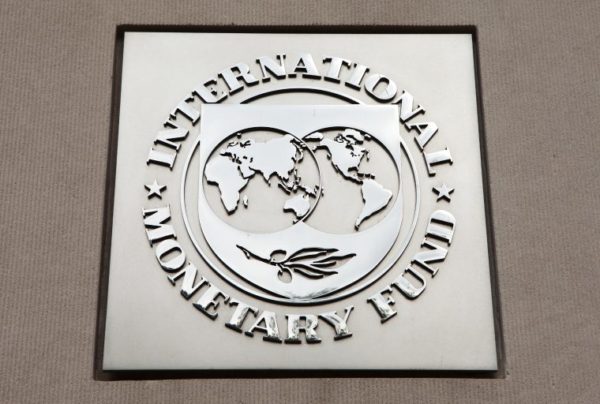The International Monetary Fund (IMF) has listed specific measures adopted by countries to overcome economic challenges triggered by the Covid-19 pandemic.
In a report released Wednesday, the Fund said most countries provided significant fiscal and monetary policy support to cushion the blow. Many—especially emerging and developing economies—are resorting more to unconventional monetary policies to ease the pressure on banks and borrowers.
India, Sri Lanka and Nepal announced debt service moratoria and targeted lending schemes to provide relief to households and firms. Financial regulation requirements related to capital and liquidity coverage were loosened. Malaysia and Thailand provided extra liquidity to firms through central bank lending operations, while Indonesia and the Philippines used large-scale asset purchases.
While warranted, these more aggressive policies inevitably entail risks, which will increase the longer they are used. Policymakers would be wise to focus on minimizing distortions and developing clear exit strategies for the unconventional measures adopted.
Healing the scars
To prevent longer-term economic “scarring,” Asia needs to expedite economic reforms to boost productivity growth and investment, allow for adequate reallocation of resources across sectors, and support workers affected by the transition. The package could include well-targeted hiring subsidies and worker retraining schemes; infrastructure upgrades; simplifying business processes; and reducing the regulatory and tax burden.
These actions need to be combined with a broader push for upgrading social safety nets to bring workers into formal systems, while supporting the vulnerable with targeted conditional cash transfers.
Greener future
Paradoxically, the COVID-19 shock also provided a glimpse of what a better future could hold for Asia. The temporary re-allocation from energy-intensive sectors, such as airlines and transportation, provides an opportunity for job creation in more productive and cleaner sectors. A well-designed carbon tax package and complementary product and labor market policies could support capital re-allocation and labor reskilling.
This would benefit the global fight against climate change, as Asia-Pacific has some of the largest carbon dioxide emitters and polluters, and could lead to improved health conditions for local populations, better jobs, and more resources to meet developmental needs.
Reforms in health care, social safety nets, labor markets, and the corporate sector will help to mitigate the pandemic’s effects and to address the pre-existing longer-term issues the region faces. Asia must remain agile and innovative to exit the crisis in a durable, greener, and more equitable way.



